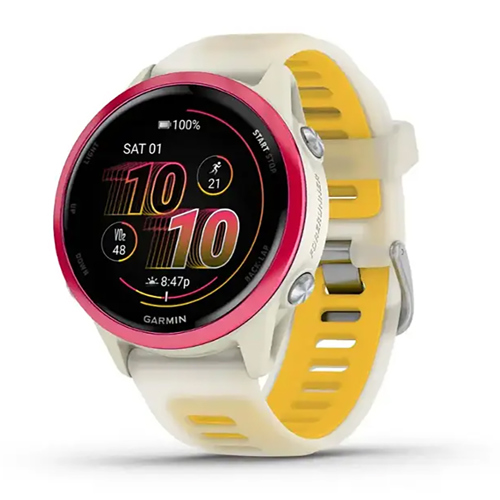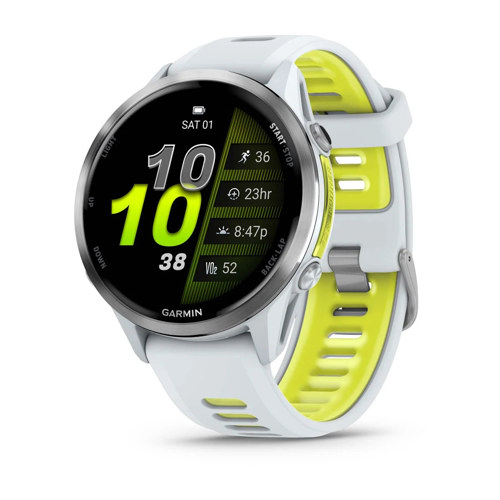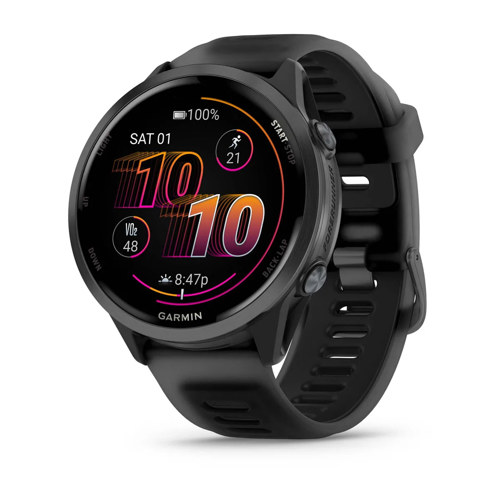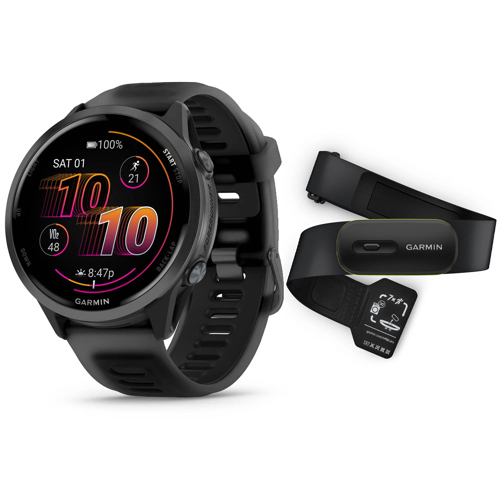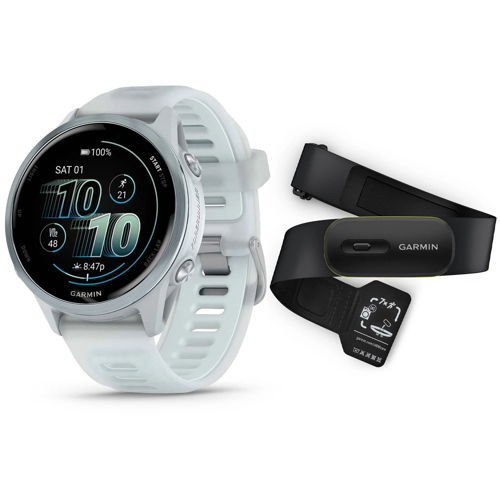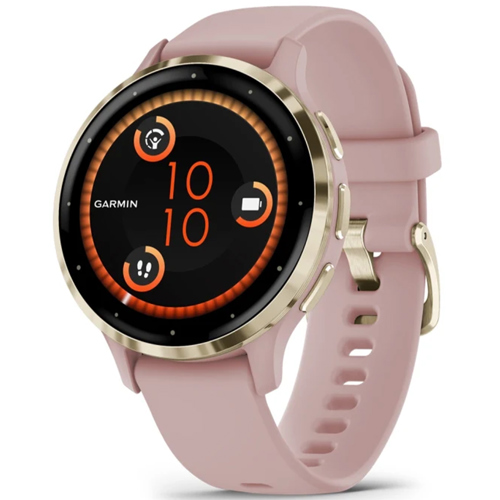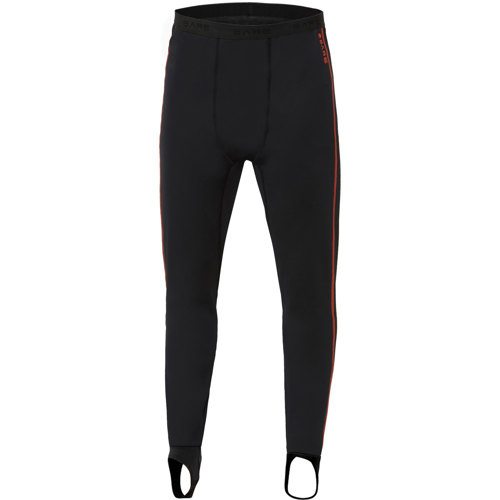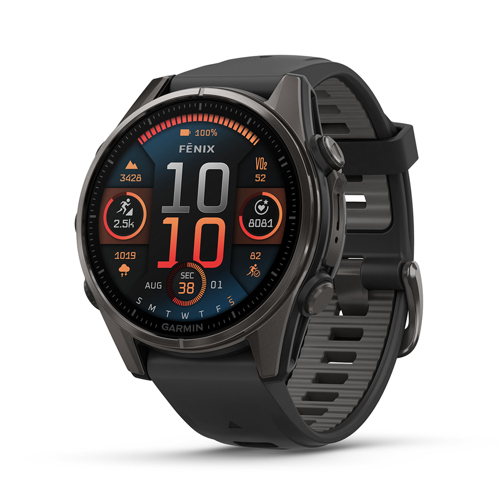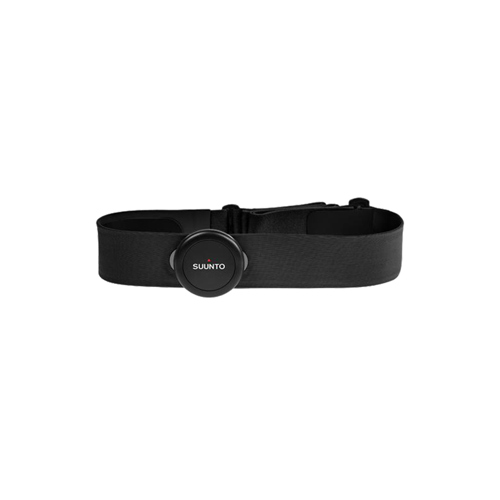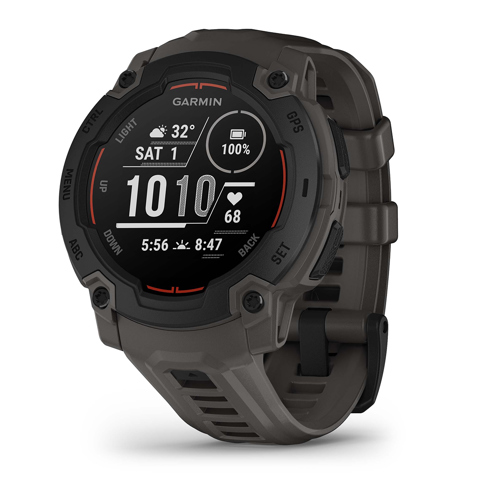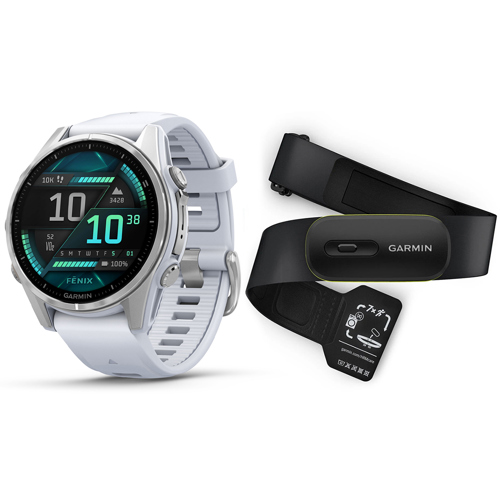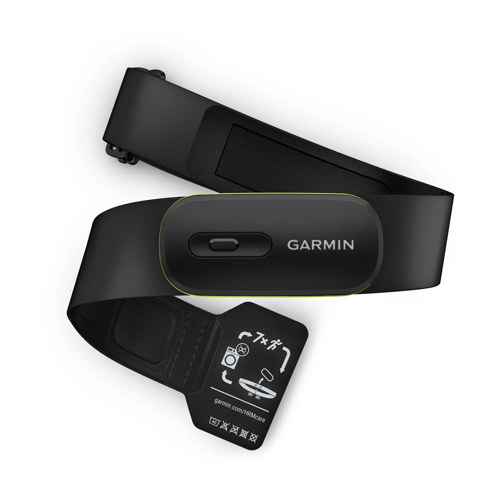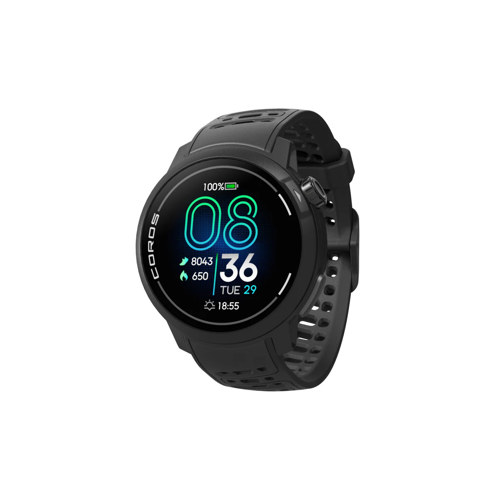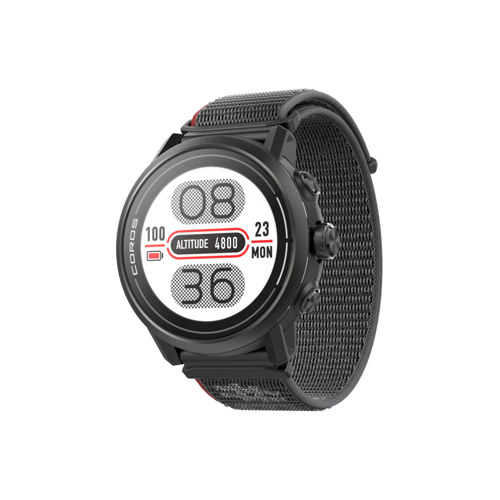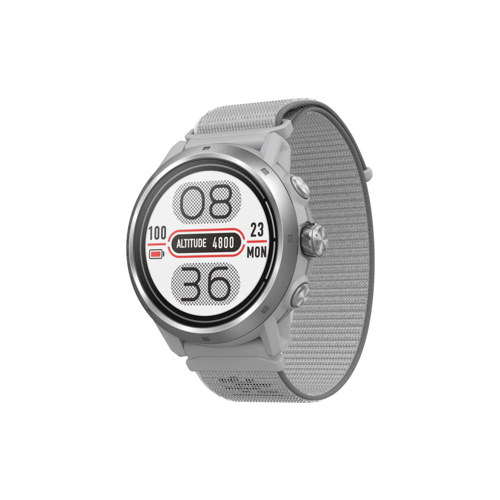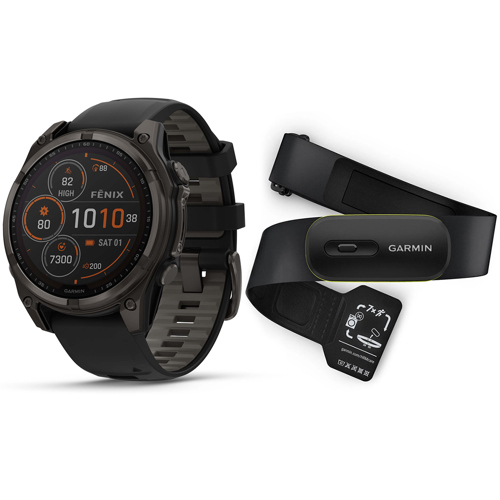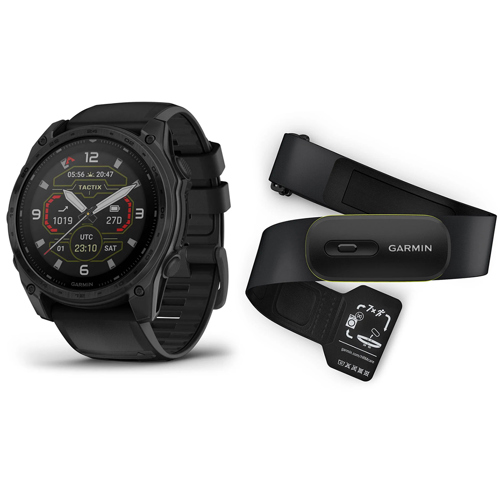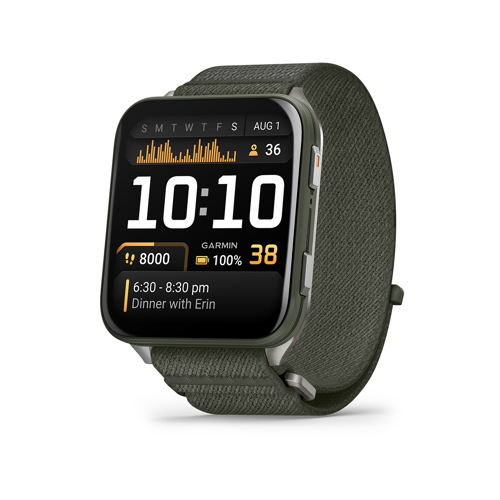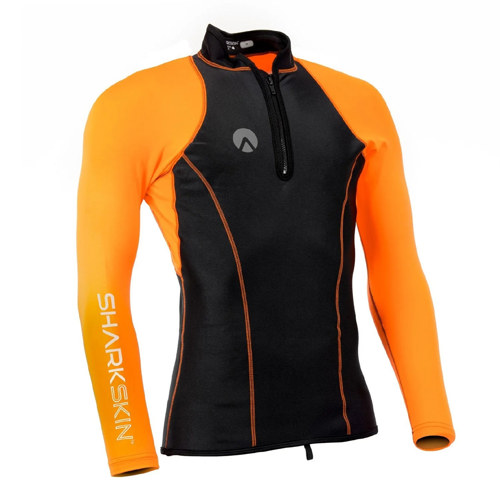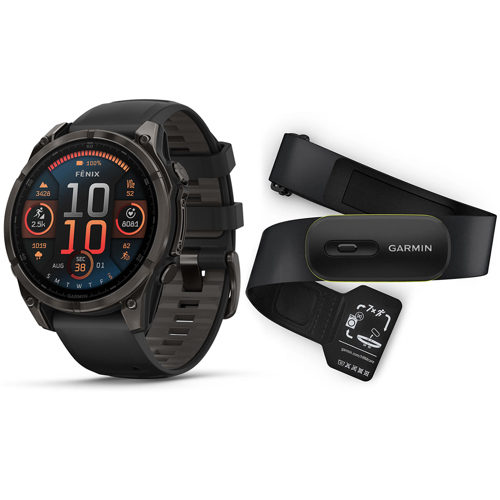Preparing for a marathon is a journey that begins long before race day, and having the right essentials on hand can make all the difference in both your training and your experience on the course. As January brings crisp air and early sunsets, runners find themselves layering up with moisture-wicking tops, thermal tights, and weather-appropriate outerwear to stay comfortable during those long winter miles. Choosing the right running shoes is paramount—well-fitted, supportive footwear tailored to your gait can help prevent injuries and keep you moving efficiently, while technical running socks protect against blisters and hot spots, a small detail that becomes invaluable across the marathon distance. Many runners rely on a GPS watch to track their pace and distance, helping to dial in training efforts and build confidence for race day. Accessories like running belts or vests are popular for carrying essentials such as energy gels, chews, or electrolyte drinks, ensuring that you can practice your fueling strategy during training and avoid surprises when it matters most. Anti-chafing balms and skin protection, including sunscreen and lip balm, are often overlooked but critical for comfort, especially when training stretches into the spring and sun exposure increases.
As the race approaches, attention shifts to the details that make marathon day run smoothly. Throwaway layers—old sweatshirts or sweatpants—can keep you warm while you wait at the start line, and are easily shed as the race begins. For those who train in groups or enjoy the camaraderie of running clubs, these essentials also make thoughtful gifts, supporting friends or loved ones as they chase their goals. Post-race recovery is just as important as preparation; having clean clothes, comfortable slides, and snacks ready at the finish line can help you transition from the intensity of the run to well-deserved rest. Tools like foam rollers and massage aids are staples for easing tired muscles and preventing soreness in the days following the event. For many, marathon preparation is not just about the gear but about building habits and routines that support endurance, resilience, and joy in running. Whether you’re a first-time marathoner or a seasoned veteran, assembling the right essentials is a personal process, shaped by the lessons learned on early morning runs, the camaraderie of training partners, and the anticipation of crossing the finish line. For those seeking more comprehensive training support, our curated collection of
Training Essentials For Triathletes offers additional resources for endurance athletes looking to elevate their preparation.
Each runner’s journey is unique, but the fundamentals of marathon readiness remain the same: prioritize comfort, protect your body, and plan for every phase of the event, from chilly winter training to the exhilaration of race day. The essentials gathered here are designed to support runners at every step, whether you’re gifting a friend with their first marathon kit or refining your own set of trusted gear. By focusing on quality, fit, and function, you can minimize distractions and maximize your enjoyment, letting you focus on the miles ahead and the satisfaction that comes from months of dedicated preparation. As you lace up and head out into the brisk January air, let these essentials be your foundation for a successful marathon season.



